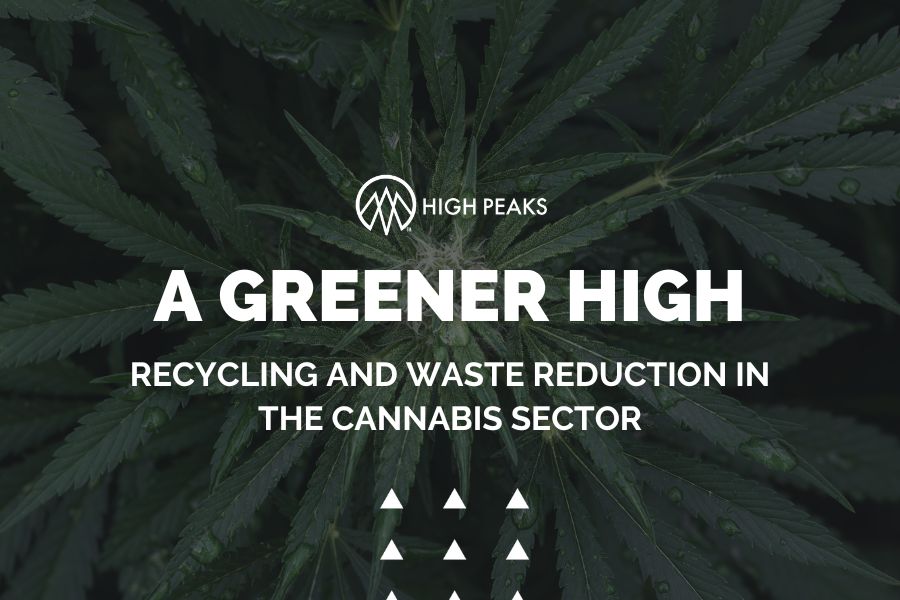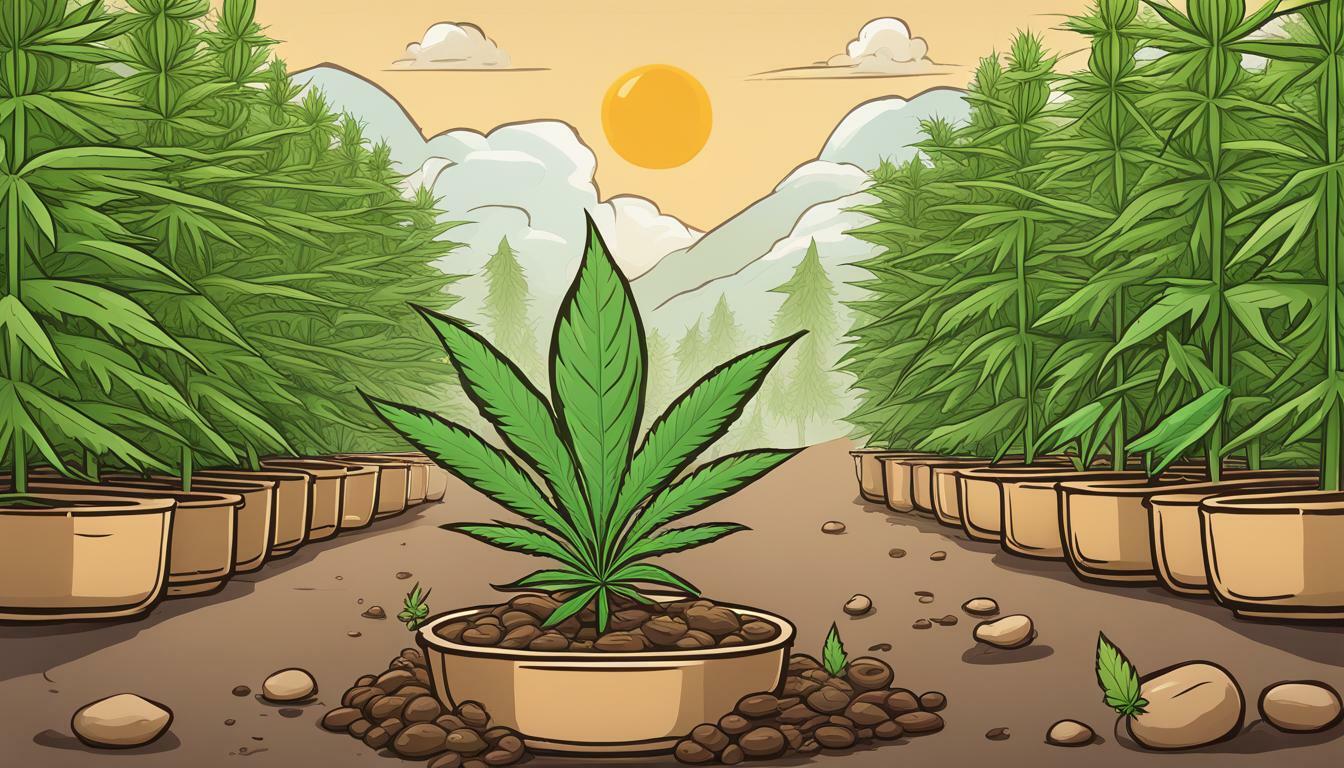Throughout recent years, we have witnessed a constant evolution within the cannabis industry, which has brought with it countless opportunities for businesses and consumers alike. However, this growth has also led to a significant increase in waste, energy consumption, and other environmental concerns.
As a responsible industry, it is crucial that we prioritize recycling and sustainability in order to reduce our ecological footprint and ensure the long-term viability of our planet. Join us, as we explore in the following sections, the importance of recycling in the cannabis industry and discuss three key areas where businesses can make a significant impact.
Reducing Packaging Waste
One of the most significant sources of waste in the cannabis industry comes from excessive packaging. Many products come in multiple layers of plastic, cardboard, or other materials, which not only contributes to the overall waste stream but can also be detrimental to the environment. By implementing eco-friendly packaging solutions and encouraging consumers to recycle, we can significantly reduce waste and its associated environmental impacts.
To achieve this, manufacturers should consider using biodegradable, compostable, or recyclable materials in their packaging designs. In addition, they can reduce the overall amount of packaging used by consolidating and minimizing unnecessary components. Retailers can play a role by offering incentives to customers who bring their own containers or recycle packaging materials in-store.
Recycling Cannabis Plant Waste
The cultivation and processing of cannabis plants generate a considerable amount of waste, including stems, leaves, and roots. These materials are often discarded, but they have the potential to be repurposed and recycled into valuable resources.
One solution is to compost cannabis plant waste, which can create nutrient-rich soil amendments for future crops. This closed-loop system reduces the need for synthetic fertilizers and supports sustainable agriculture. Additionally, plant waste can be processed into bioplastics, biofuel, and other materials, contributing to a circular economy within the industry.
Energy and Resource Efficiency
Energy consumption and water usage are major concerns in the cannabis industry, particularly in cultivation facilities. By implementing energy-efficient practices and recycling resources, businesses can not only reduce their environmental impact but also save on operating costs.
To improve energy efficiency, growers can invest in LED lighting, which uses significantly less energy than traditional lighting systems.
They can also optimize their HVAC systems to recycle excess heat and humidity, reducing the need for additional energy inputs. In terms of water conservation, implementing drip irrigation and recirculating hydroponic systems can greatly reduce water waste. Growers can also capture and recycle rainwater or greywater for irrigation purposes.
Closing the Loop
Recycling plays a crucial role in mitigating the environmental impacts of the cannabis industry. By focusing on reducing packaging waste, recycling cannabis plant waste, and promoting energy and resource efficiency, businesses can contribute to a greener and more sustainable future for all. By embracing these practices, the cannabis industry can set a positive example for other industries, demonstrating that economic growth.





